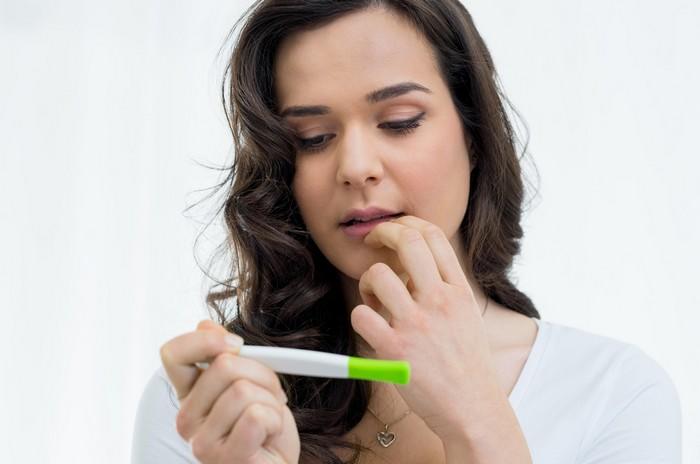Hemorrhoids are swollen veins in the lower part of the anus and rectum. They can cause discomfort, itching, pain, and bleeding. While they are common and often manageable, there is concern among some patients about whether hemorrhoids could impact fertility in females. This article explores the relationship between hemorrhoids and female infertility, providing a comprehensive overview of the current medical understanding.
Understanding Hemorrhoids
Hemorrhoids are classified into two main types: internal and external. Internal hemorrhoids occur inside the rectum, while external hemorrhoids develop under the skin around the anus. Both types can lead to significant discomfort, but their implications for fertility are not straightforward.
Symptoms of Hemorrhoids
Common symptoms of hemorrhoids include:
- Pain or discomfort, especially when sitting.
- Itching or irritation in the anal region.
- Swelling around the anus.
- Bleeding during bowel movements.
- A lump near the anus, which may be sensitive or painful.
Causes of Hemorrhoids
Hemorrhoids can result from various factors, including:
- Straining during bowel movements.
- Sitting for long periods.
- Chronic constipation or diarrhea.
- Obesity.
- Pregnancy.
- Low-fiber diet.
Infertility in Females
Infertility is defined as the inability to conceive after one year of regular, unprotected intercourse. It affects millions of women worldwide and can be caused by various factors, including:
- Ovulation disorders.
- Fallopian tube damage or blockage.
- Endometriosis.
- Uterine or cervical abnormalities.
- Age.
- Lifestyle factors such as smoking, alcohol use, and stress.
The Connection Between Hemorrhoids and Infertility
There is no direct evidence that hemorrhoids cause infertility in females. Hemorrhoids and infertility are separate medical conditions with distinct causes and treatments. However, there are some indirect ways in which hemorrhoids could potentially impact fertility.
Pain and Discomfort
Severe hemorrhoids can cause significant pain and discomfort. This pain might make sexual intercourse uncomfortable or even painful, leading to a decrease in sexual activity. Reduced sexual activity can lower the chances of conception.
Stress and Anxiety
Chronic pain and discomfort from hemorrhoids can lead to stress and anxiety. Stress is known to affect hormonal balance, which can interfere with ovulation and menstrual cycles. While stress alone is unlikely to cause infertility, it can contribute to difficulties in conceiving.
Impact on General Health
Hemorrhoids are often associated with poor dietary habits, such as low fiber intake, which can lead to chronic constipation. Chronic constipation can strain the pelvic floor muscles and other structures in the pelvic region, potentially affecting overall pelvic health. Poor pelvic health can contribute to reproductive issues.
See Also: Can Sciatica Cause Infertility?
Hemorrhoids During Pregnancy
Pregnancy is a common time for women to develop hemorrhoids due to increased pressure on the pelvic veins and hormonal changes that affect vein elasticity. While hemorrhoids during pregnancy are usually temporary and resolve after childbirth, they can add to the discomfort and stress of pregnancy.
Impact on Fertility Treatments
Women undergoing fertility treatments may experience hemorrhoids as a side effect of hormonal medications or due to increased stress and anxiety. Managing hemorrhoids effectively can improve overall comfort and well-being during fertility treatments.
Preventing Hemorrhoids
Prevention of hemorrhoids involves lifestyle changes that can also support overall reproductive health:
Diet: Eating a high-fiber diet helps prevent constipation and straining during bowel movements. Foods rich in fiber include fruits, vegetables, whole grains, and legumes.
Hydration: Drinking plenty of water keeps stools soft and easier to pass.
Exercise: Regular physical activity helps maintain a healthy weight and reduces the risk of constipation.
Bathroom Habits: Avoiding prolonged sitting on the toilet and straining during bowel movements can prevent hemorrhoids.
Treating Hemorrhoids
Effective treatment of hemorrhoids can alleviate symptoms and improve quality of life, potentially reducing any indirect impact on fertility.
Home Remedies
- Warm Baths: Soaking in a warm bath can soothe irritation and reduce discomfort.
- Topical Treatments: Over-the-counter creams and ointments can relieve pain and itching.
- Cold Compresses: Applying cold packs to the affected area can reduce swelling and pain.
Medical Treatments
- Minimally Invasive Procedures: Procedures such as rubber band ligation, sclerotherapy, and infrared coagulation can treat persistent hemorrhoids.
- Surgery: In severe cases, surgical removal of hemorrhoids (hemorrhoidectomy) may be necessary.
Conclusion
While there is no direct evidence that hemorrhoids cause infertility in females, the pain, discomfort, and stress associated with severe hemorrhoids could indirectly affect a woman’s ability to conceive. Maintaining good general and reproductive health through a balanced diet, regular exercise, and effective management of hemorrhoids can support fertility. If hemorrhoids are causing significant discomfort, seeking medical advice and treatment is essential for improving overall well-being and potentially enhancing fertility prospects.
Related Links:


























